The Essential Guide to Sustainable Metal Recycling in the UK
Metal recycling is a cornerstone of sustainable living and boasts a pivotal role in the UK's journey towards a greener and more eco-friendly economy. With the burgeoning necessity to reduce our carbon footprint and conserve natural resources, DWL Metal Recycling emerges as a key player in the sector, striving to convert the UK's metal waste into valuable resources. In this article, we take a deep dive into the world of metal recycling, uncovering the intrinsic value it holds for both our planet and individual businesses.


Why Metal Recycling Matters: A Sustainable Future
Long gone are the days when unused metal objects were left to gather rust in landfills. In the current era, where every step towards sustainability counts, metal recycling stands out as an integral practise. Let's explore why it is essential for the UK's environmental objectives and economic resilience.
Preserving Natural Resources and Reducing Carbon Emissions
The act of recycling metals mitigates the need to extract virgin ore, which in turn, conserves the earth's limited resources. Furthermore, the energy consumption in the recycling process is significantly lower compared to the energy required for extracting and processing raw materials. This decrease in energy usage is a direct contributor to the reduction in greenhouse petrol emissions, turning metal recycling into an eco-warrior's tool against climate change.
Economic Benefits and Job Creation
The metal recycling industry is a significant contributor to the UK's economy, offering job opportunities and fostering economic growth. Companies like DWL Metal Recycling not only provide employment but also generate revenue through the processing and resale of recycled metals, creating a self-sustaining cycle that feeds both local and national economies.
Driving Innovation in Waste Management
As the UK moves towards a circular economy where waste is minimised, and materials are reused, the role of innovative waste management solutions becomes critical. Recycling metal is a textbook example of this approach, transforming waste into a resource that can be used repeatedly without degrading its properties.
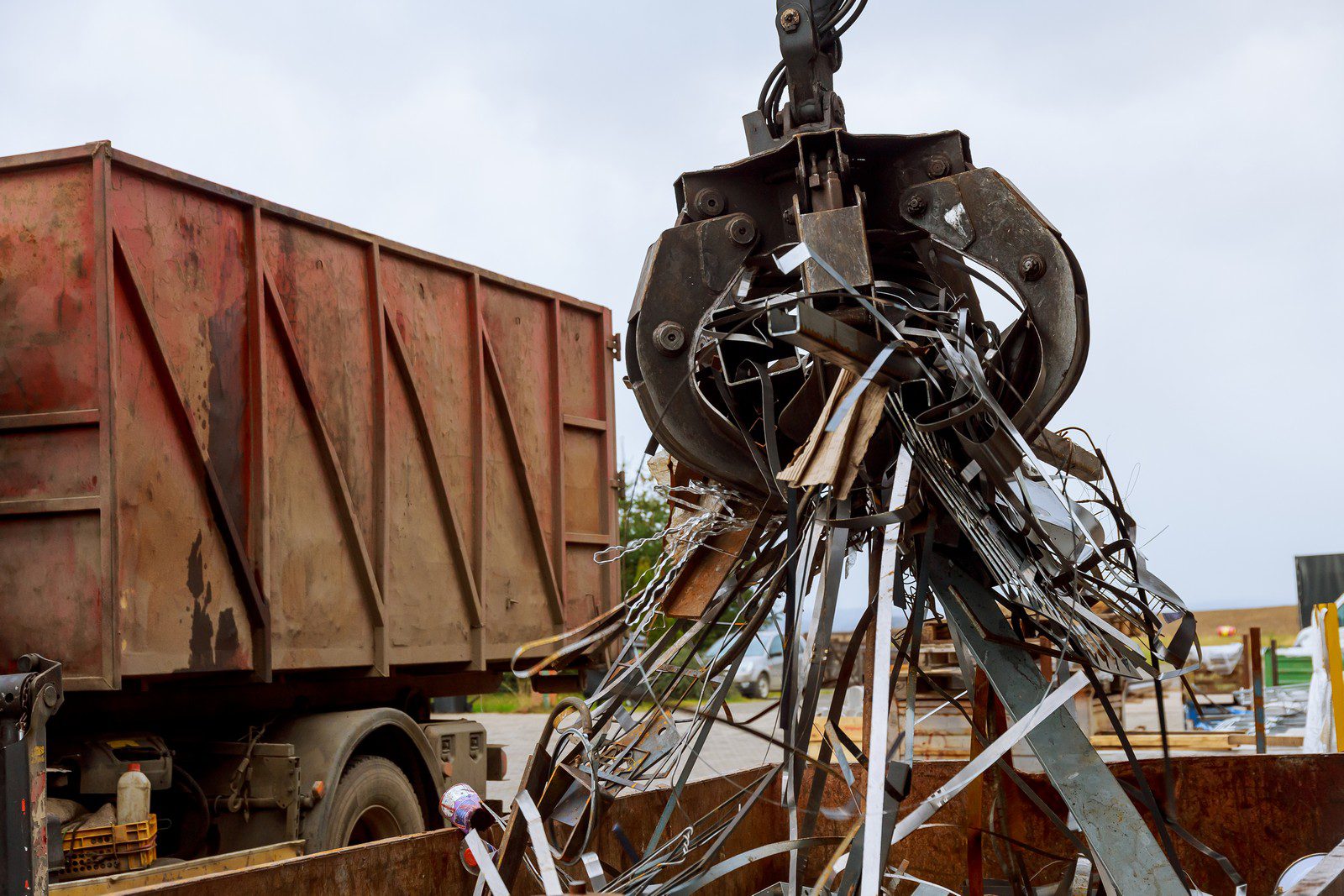

DWL Metal Recycling: At the Vanguard of Green Practices
At DWL Metal Recycling, the commitment to innovative, environmentally friendly methods sets us apart in the industry. Our dedication to sustainability is evident in several key areas:
State-of-the-Art Processing Techniques
DWL Metal Recycling harnesses cutting-edge technology to sort and process various metals, ensuring that every recyclable piece is salvaged. Our meticulous approach guarantees maximum yield and quality, resulting in recycled metals that rival their virgin counterparts in both utility and market value.
A Seamless Experience for Our Clients
We understand that the recycling process can seem daunting. That's why DWL Metal Recycling offers a straightforward, customer-centric service that simplifies metal waste disposal for both individuals and businesses. Whether you're a small-time scrap collector or a large industrial entity, our services are tailored to accommodate your needs, with easy drop-off processes and competitive pricing.
A Comprehensive Selection of Recyclable Metals
No metal is too obscure for our facility. We process a wide range of metals, including the commonly recycled aluminium and steel to the less ubiquitous such as brass, copper, and lead. Whether you're looking to dispose of household scrap or industrial by-products, DWL Metal Recycling has the capability and capacity to handle it.
The Process of Metal Recycling: A Closer Look
The journey of a metal object from being discarded to reborn as a new product involves several meticulous steps. Here is an outline of the metal recycling process undertaken at DWL Metal Recycling:
- Collection and Transportation: The first step involves gathering metal waste from various sources and transporting it to our facility. A reliable collection service ensures that even large quantities of scrap are handled efficiently.
2. Sorting and Separation: Upon arrival, metals are sorted into different categories based on type and quality. This stage is critical to ensure that each metal is recycled according to its specific properties.
- Processing and Shredding: The sorted metals are then shredded into smaller pieces, making it easier to melt them down while saving energy in the subsequent steps.
4. Melting and Purification: Metal scraps are melted in large furnaces, each set to reach the specific melting point of the metal in question. Following melting, the metal undergoes purification to ensure any residual impurities are removed, resulting in a pure, reusable material.
- Solidifying and Shaping: Once purified, the molten metal is solidified by cooling and then fashioned into bars or sheets, depending on the requirements of the end consumers.
6. Distribution and Manufacturing: The final step sees the recycled metal bars or sheets distributed to manufacturers, ready to be turned into new products, thereby completing the recycling loop.
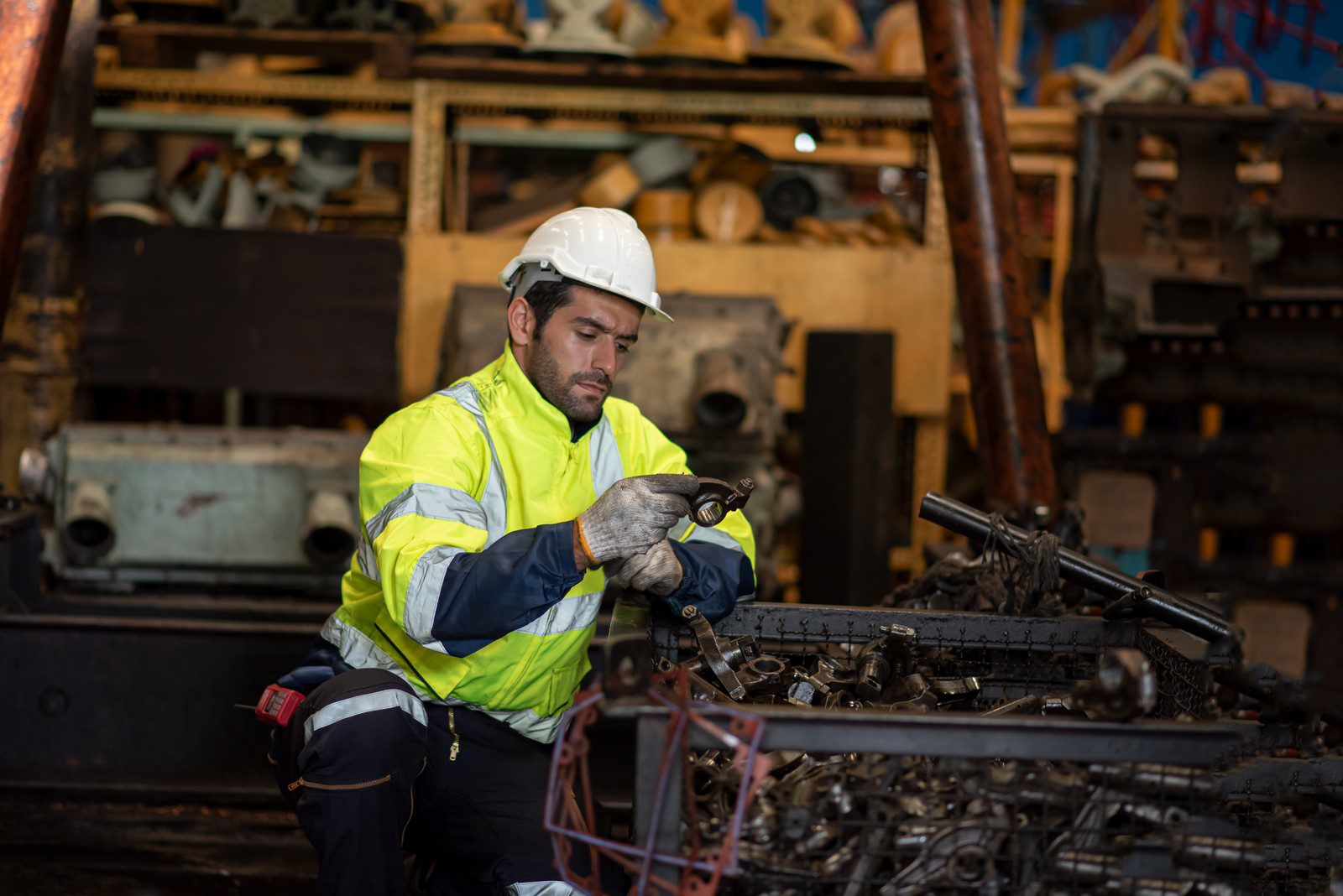



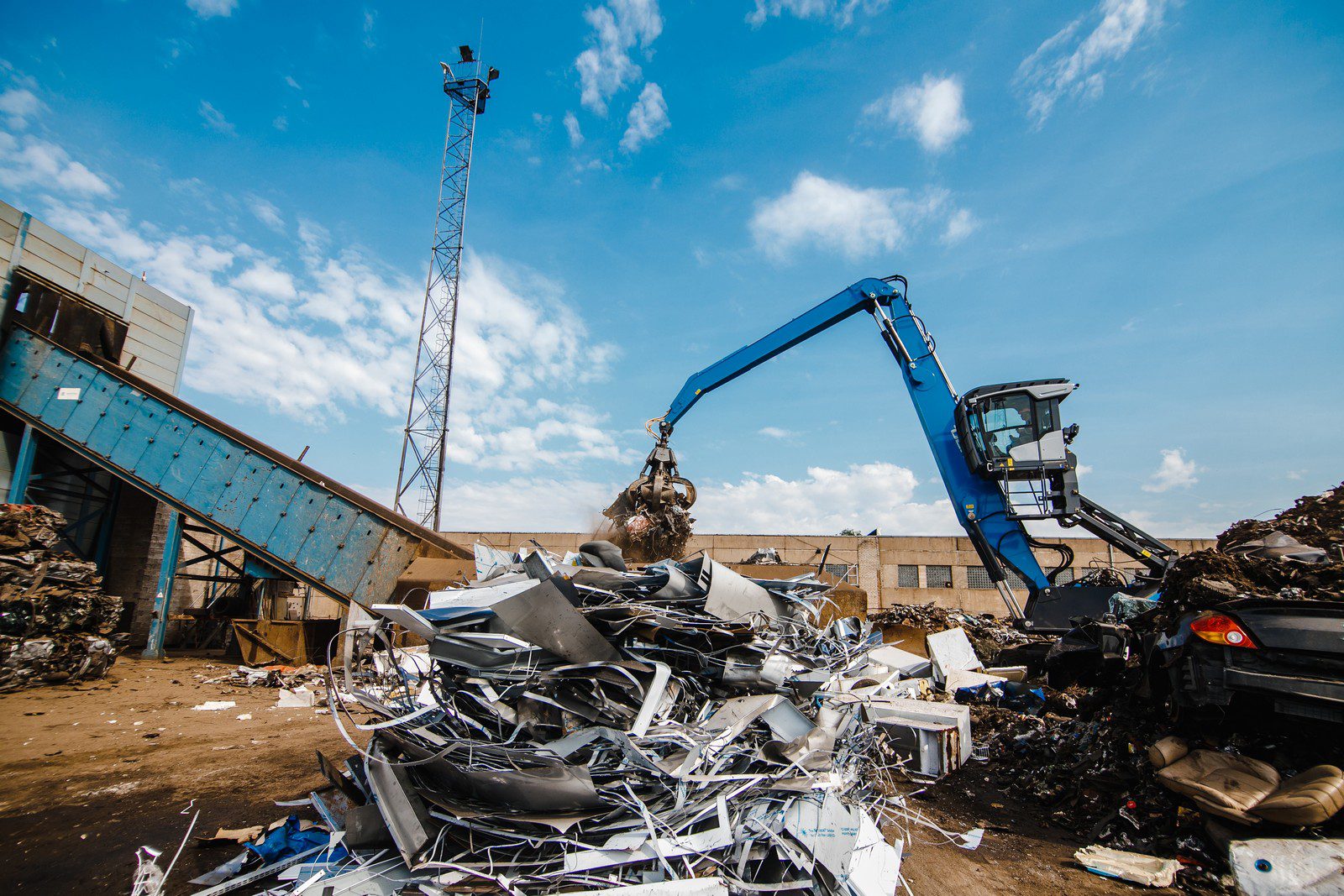

Conclusion: Join the Movement for a Cleaner Planet
As a vital player in advancing the UK's recycling aspirations, DWL Metal Recycling is not just a service provider but a partner in environmental stewardship. Whether you're a conscientious consumer or a sustainability-driven business, engaging in metal recycling is a tangible step towards a cleaner, more responsible future.
Recapping the Benefits of Metal Recycling with DWL Metal Recycling
- Environmental Preservation: Reducing the strain on natural resources and lowering carbon emissions.
- Economic Advantages: Stimulating the local economy and creating valuable job opportunities.
- Innovation and Efficiency: Leveraging advanced technology for high-quality metal recovery and processing.
- A Wide Range of Metals: Catering to various recycling needs with a comprehensive selection of metals.
- A Seamless and Accessible Service: Making recycling an easy choice for all.
Your Call to Action
We invite you to be part of the solution by choosing to recycle your metal waste with DWL Metal Recycling. Together, we can ensure that the bounty of metals we utilise today will be available for future generations, all while mitigating our environmental impact and bolstering the economy.
To learn more about our services, visit us at dorsetwasteltd.co.uk or contact our experts to find out how you can contribute to a greener UK through metal recycling. Let's work collectively to forge a future that is both industrially prosperous and environmentally sustainable.
Have you recycled with DWL Metal Recycling before? Share your experience in the comments and inspire others to join the movement towards a more sustainable UK.
We're Here to Help! Get in Touch with us Today
Read Some of our Other Blogs
- The Importance of Responsible Metal Recycling and How DWL Metal Recycling Is Leading the Way
- The Crucial Role of Metal Recycling in Driving Sustainable Development
- How Metal Recycling Benefits the Environment and Your Business: The DWL Approach
- The Future of Recycling: Revolutionising Sustainability with DWL Metal Recycling
